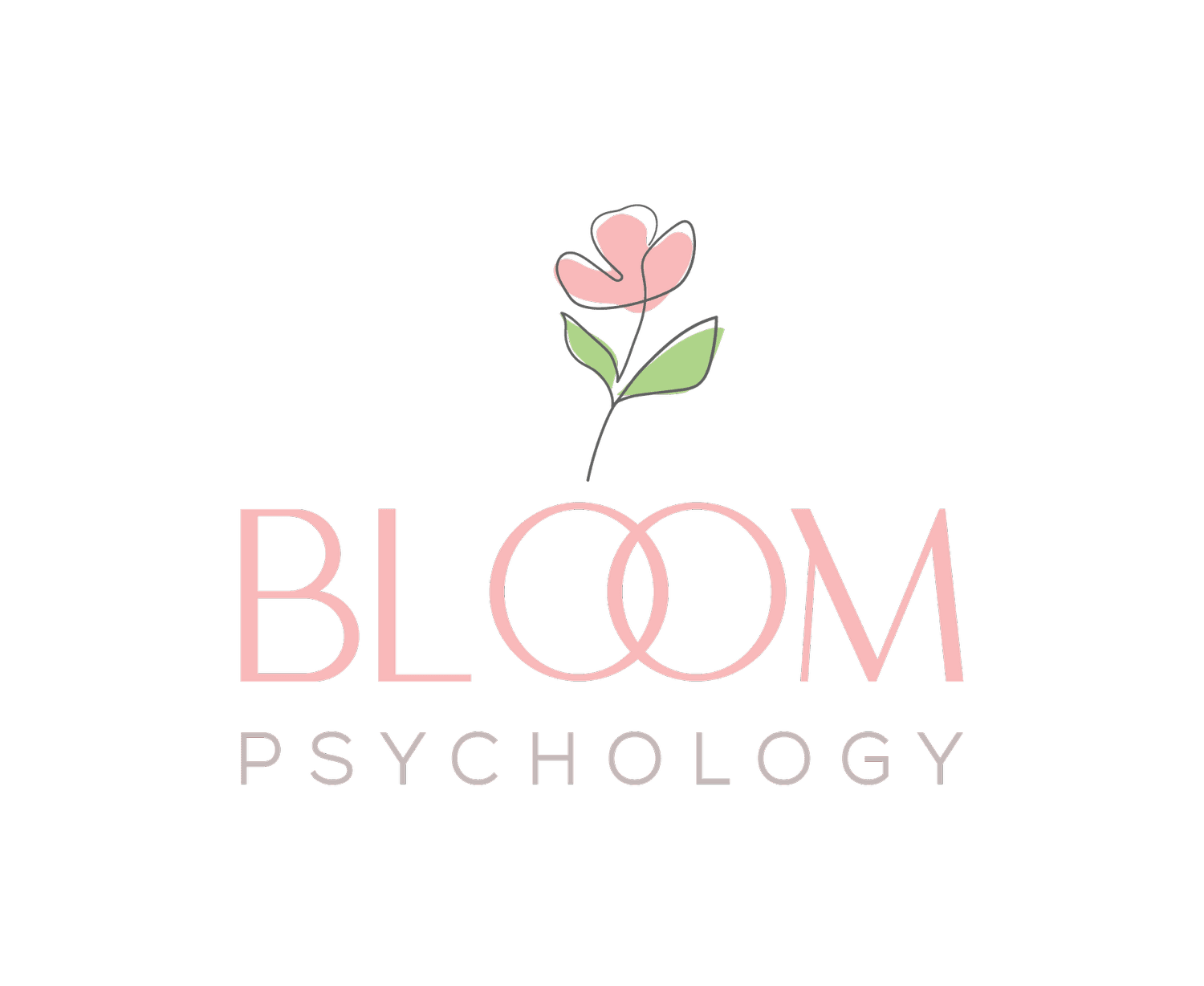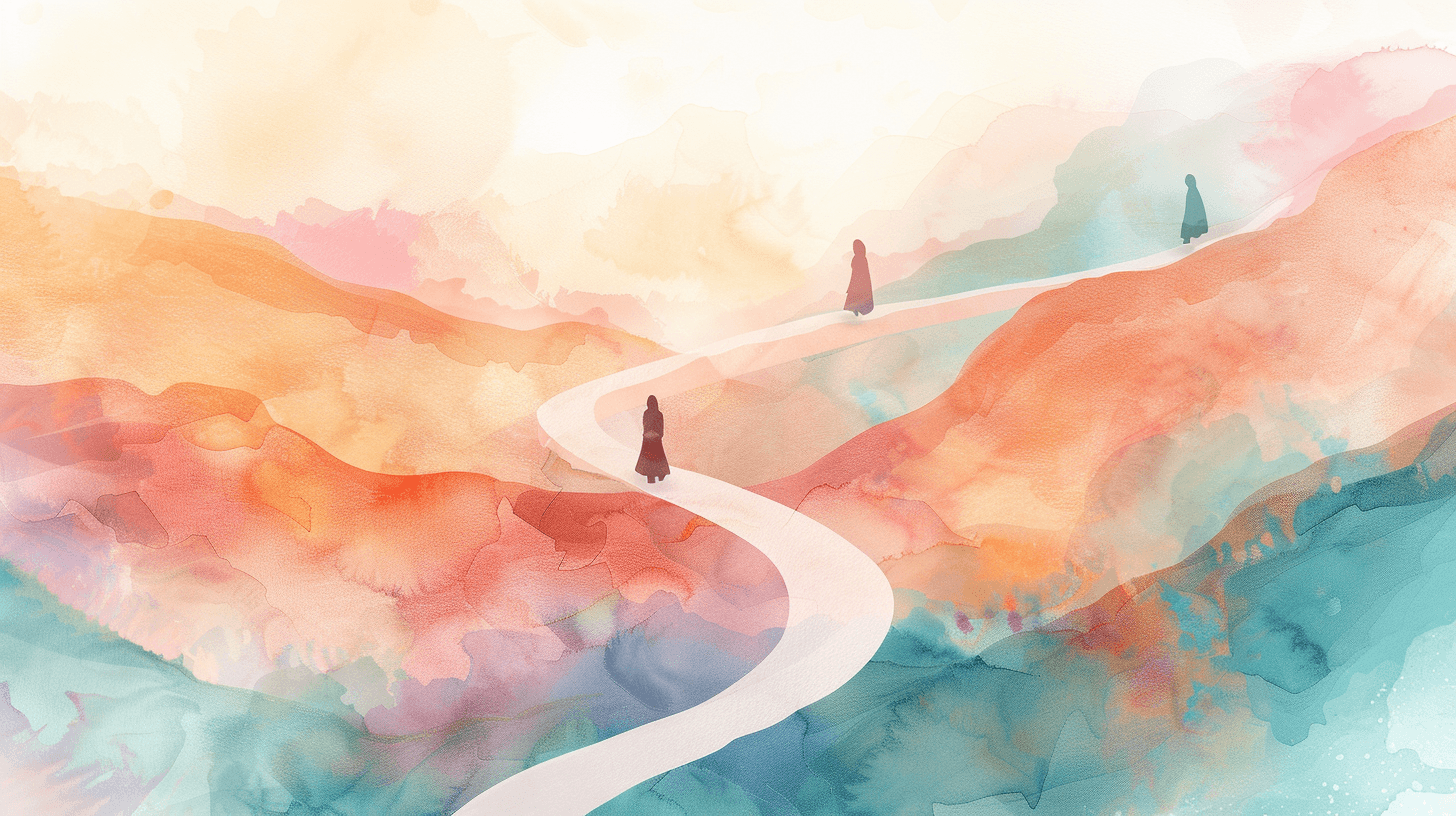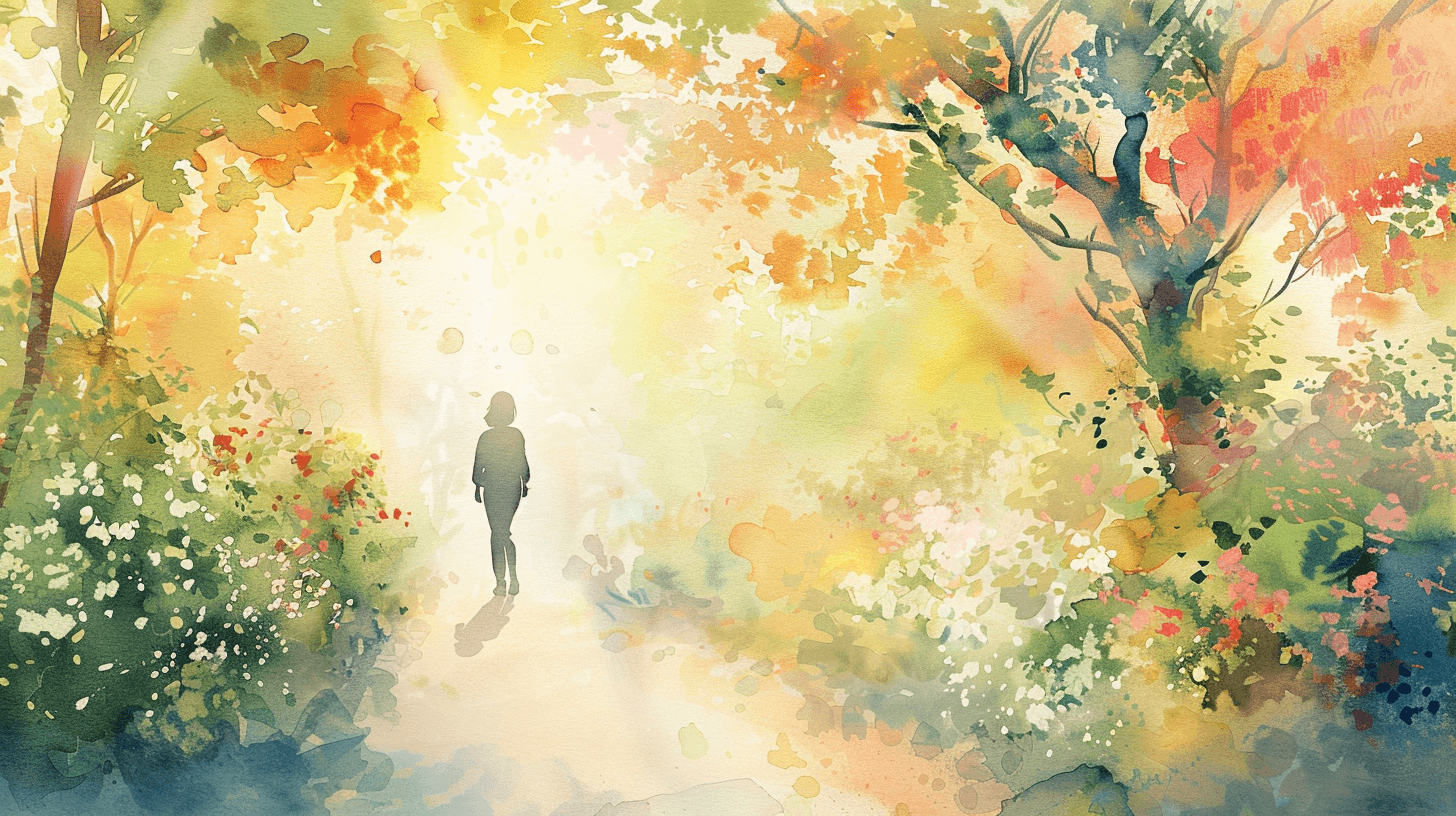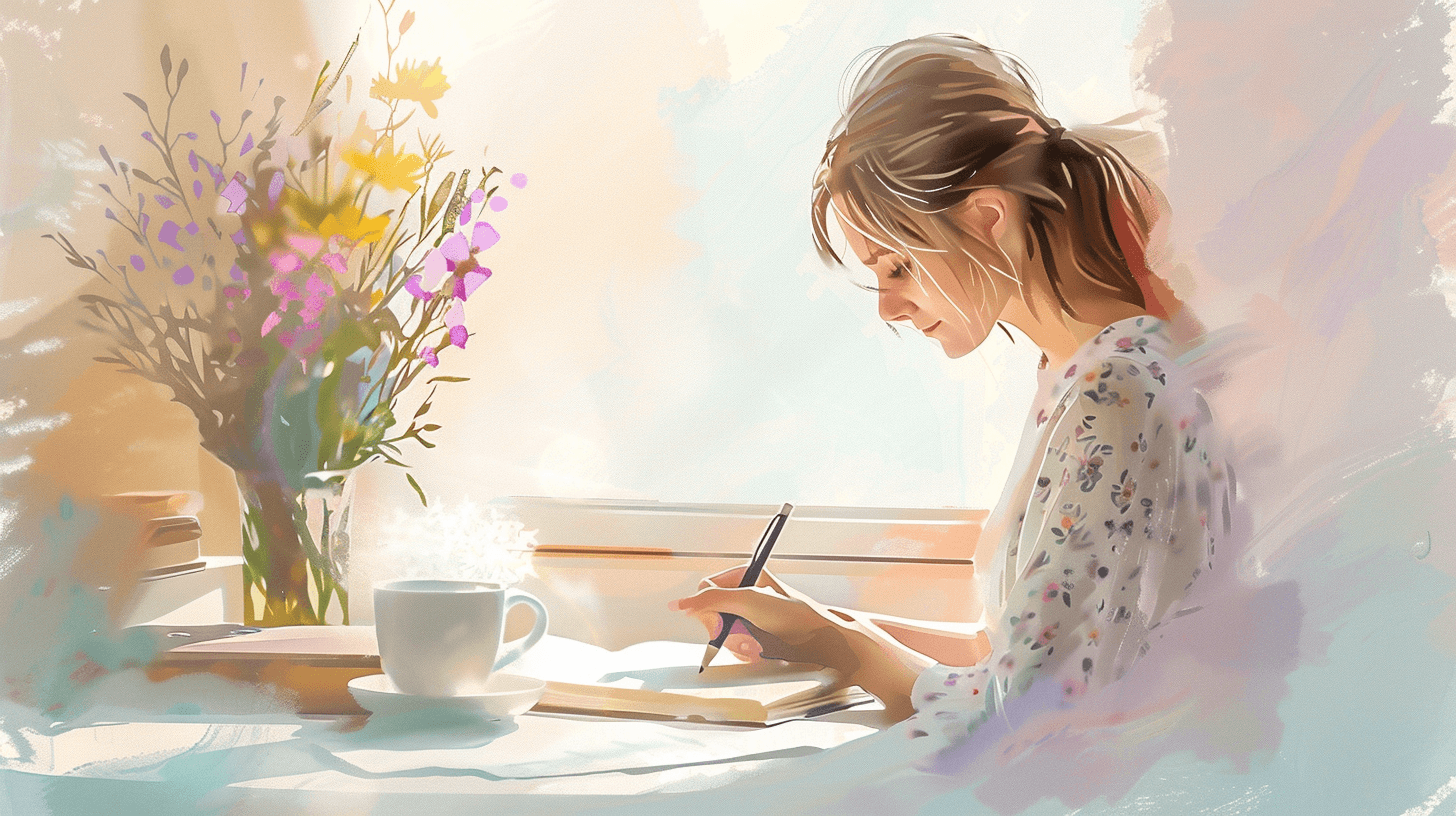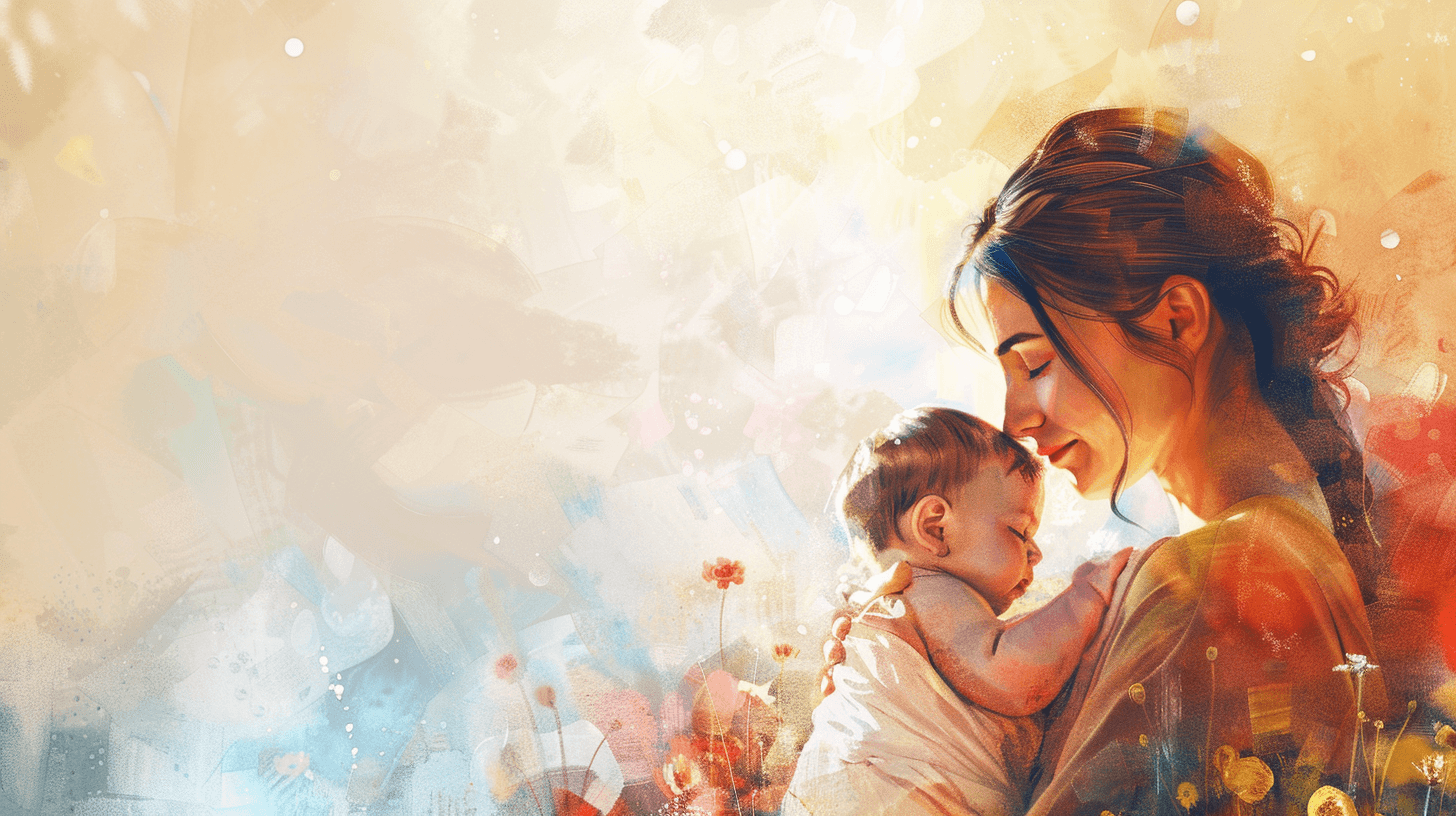Listen to this article
Narrated by Dr. Jana Rundle• 1.6 MB
Keyboard shortcuts: Space or K to play/pause • ← → to seek ±5s
Navigating Life Transitions: When Everything Changes at Once
When it feels like your entire life is changing at once, here's how to navigate the chaos with grace and sanity intact.
When Everything Changes at Once
Your survival guide for navigating multiple life transitions
Save this guide: Pin this to your "Mental Health" or "Personal Growth" board so you can find it when life feels overwhelming.
Last week, three different clients said the same thing: "I feel like I'm falling apart."
One had just welcomed a baby while navigating a cross-country move. Another watched her marriage end as she stepped into a demanding new career. The third found herself caring for an aging parent while trying to hold her own family together.
Each story was different, but the feeling was the same—complete overwhelm.
Life has this cruel sense of humor. It rarely serves up changes one at a time. Instead, you get the full combo meal: new baby arrives just as your relationship hits rocky ground, job loss coincides with an identity crisis, or a big move leaves you isolated right when you need support most.
It's like the universe decides to renovate your entire life without asking permission first.
Why Everything Hurts Right Now
When life changes dramatically, the pain goes deeper than just adjusting to new circumstances.
You're grieving the person you used to be—the career woman who had it all together, the wife in a stable marriage, the healthy person who never worried about medical bills. "Who am I if I'm not that person anymore?" becomes the 3 AM question that won't let you sleep.
Identity Crisis
You're grieving the person you used to be and wondering who you're becoming.
Shattered Plans
Life was supposed to follow a certain trajectory. Now you're making it up as you go.
You had plans, didn't you? Life was supposed to follow a certain trajectory. Then everything shifted, and now you're making it up as you go.
Even positive changes carry hidden grief. Got that promotion? Great, but you're mourning your simpler life. New baby? Wonderful, but you're grieving your independence. Try explaining that to people who keep congratulating you.
"Even positive changes carry hidden grief. Got that promotion? Great, but you're mourning your simpler life."
The decisions never stop either. A new job means a thousand micro-choices about how to present yourself, where to eat lunch, which battles to fight.
Moving cities? You're relearning everything from where to buy groceries to which routes avoid traffic. Meanwhile, your support system—those precious people who kept you grounded—might be hundreds of miles away or too wrapped up in their own lives to help.
Save This for When You Need It
The Messy Middle Nobody Talks About
What to do when you're suspended between who you were and who you're becoming
Pinterest tip: Save this to your "Self-Care" board. You'll need these reminders when transition overwhelm hits.
The Messy Middle Nobody Talks About
There's this space between "what was" and "what will be" that feels like floating in limbo.
You're not who you used to be, but you're not yet who you're becoming. It's disorienting, like being suspended between two worlds with no solid ground beneath your feet. Some days it feels like free fall. Others, like you're lost at sea without a compass.
This is normal. You're not falling apart—you're in transition.
But knowing that doesn't make it easier when you're white-knuckling through each day.
What Actually Helps (Beyond "Just Breathe")
First, accept the mess. Your life looks like a construction zone because it literally is one. You're building something new from the rubble of what was.
Stop expecting it to be tidy. Construction sites never are.
Lower the Bar
"Thriving" isn't the goal right now—surviving is enough. Did everyone eat today? Victory.
Find One Constant
Maybe it's your morning coffee ritual or Sunday calls with mom. This single thread anchors you.
Write Down Grief
Acknowledging what you miss isn't wallowing—it's the first step toward moving forward.
Lower that bar way down. "Thriving" isn't the goal right now—surviving is enough. Did everyone eat today? Victory. Did you shower? Gold star. Did you make it through without completely losing it? You're winning.
This isn't the time for ambitious self-improvement projects.
Find one thing—just one—that stays the same. Maybe it's your morning coffee ritual, an evening walk, or Sunday calls with your mom. This single thread of continuity can anchor you when everything else feels chaotic.
Write down what you're grieving. "I miss my old neighborhood where I knew everyone." "I miss feeling competent at my job." "I miss knowing what tomorrow would look like." Acknowledging these losses isn't wallowing—it's the first step toward moving forward.
Your Daily Survival Toolkit
Your Daily Survival Guide
Small steps to anchor yourself when life feels chaotic
One tiny routine daily
Celebrate one small win
Connect with one person
Save for later: Pin this daily guide to your "Mental Wellness" board for those overwhelming days.
The Surprising Gifts Hidden in the Chaos
Transitions hurt, but they also clarify. When everything's up in the air, you suddenly see what really matters.
The noise falls away, and your true priorities emerge with startling clarity. You discover strength you didn't know existed, reserves that only appear when you're pushed to your limits.
Clarity Emerges
When everything's up in the air, you suddenly see what truly matters. The noise falls away.
Strength Revealed
You discover reserves that only appear when you're pushed to your limits. You're stronger than you knew.
True Friends Show Up
Crisis reveals your real friends—the ones who show up with takeout and tissues, no questions asked.
Old patterns that no longer serve you start to crumble. Without your usual routines and roles, you're free to try new ways of being.
Crisis has a way of revealing your real friends too—the ones who show up with takeout and tissues, no questions asked.
And slowly, you realize you're becoming someone you couldn't have imagined before all this started.
Your Daily Survival Guide
Start small. Pick one tiny routine to maintain each day—maybe it's making your bed or taking a five-minute walk. Any movement counts, even if it's just dancing to one song in your kitchen.
Daily Anchors
One tiny routine
Making your bed or a five-minute walk—any movement counts.
Connection moment
A simple text to a friend counts as social interaction.
One accomplishment
Celebrate it daily, no matter how small. You made it through.
Earlier bedtime
Go to bed earlier than you think you need to. Rest is productive.
Connection matters too; a simple text to a friend counts as social interaction. Celebrate one accomplishment daily, no matter how small. And please, go to bed earlier than you think you need to.
Weekly Practices
Soul-feeding activity
Maybe it's therapy, a support group, or just an hour in nature.
Proper social interaction
Schedule it, even if you don't feel like it. Connection heals.
Plan ahead
Not to control everything, but to feel slightly less blindsided by the week.
Self-care moment
Do something, anything, that feels like caring for yourself.
Weekly, try to add in something that feeds your soul. Maybe it's therapy, a support group, or just an hour in nature. Schedule one proper social interaction, even if you don't feel like it.
Take time to plan for the week ahead—not to control everything, but to feel slightly less blindsided. And do something, anything, that feels like self-care.
Monthly Check-In
Zoom out
How are you actually doing? What needs adjusting?
Celebrate wins
You've made it another month. That's huge.
Check in with constants
The people who've been there through all this change—reach out.
Dream a little
Let yourself imagine where this might all be leading.
Monthly, zoom out a bit. How are you actually doing? What needs adjusting? Celebrate the small wins—you've made it another month. Check in with the people who've been constants through all this change. And let yourself dream a little about where this might all be leading.
The Truth About Transitions
You're Not Falling Apart
You're crossing a bridge between who you were and who you're becoming.
Worth saving: Pin this reminder to your board for those days when you need reassurance that you're not falling apart.
The Bridge You're Crossing
Here's a different way to think about it: You're not lost. You're on a bridge.
Behind you lies the familiar shore of your old life. Ahead waits unknown territory. The bridge feels unstable because it's suspended between worlds, swaying with each step.
But bridges aren't meant to be lived on—they're meant to be crossed.
"Keep walking. The other side exists, even when fog obscures the view."
Keep walking. The other side exists, even when fog obscures the view.
Your Permission Slip
You have permission to feel all of it—the grief, the fear, the unexpected moments of excitement.
Feel everything
The grief, the fear, the unexpected moments of excitement—all of it is valid.
Change your mind
You can ask for help, move at your own pace, pivot when needed.
Hold both feelings
Grieve what was while staying curious about what's coming.
Not have answers
You don't need certainty. Just trust the process, one uncertain step at a time.
You can change your mind, ask for help, move at your own pace. You're allowed to grieve what was while still being curious about what's coming.
You don't need to have answers. You just need to trust the process, one uncertain step at a time.
The Truth About Transitions
Transitions are messy, non-linear, and transformative.
They're temporary but necessary, difficult but survivable.
You're not falling apart. You're falling into place. The pieces just haven't settled yet.
You Don't Have to Cross This Bridge Alone
At Bloom, we specialize in walking with people through life's biggest transitions. The chaos you're experiencing is temporary. The growth is permanent. And the person you're becoming? They're worth every uncertain step of this journey.
Get Your Free Crisis-to-Clarity Guide
Join Bloom's community and receive our comprehensive transition toolkit, including daily anchoring practices, emotional processing prompts, and monthly check-in templates.
What you'll get: Weekly transition tips, exclusive guided reflections, and a supportive community of people navigating change just like you.
Found this helpful? Save it to Pinterest so you can find it again when you need these reminders.
Get More Like This
Join hundreds of moms receiving monthly mental health insights, evidence-based tips, and new articles.
No spam. Unsubscribe anytime.

Jana Rundle
Licensed Clinical Psychologist
